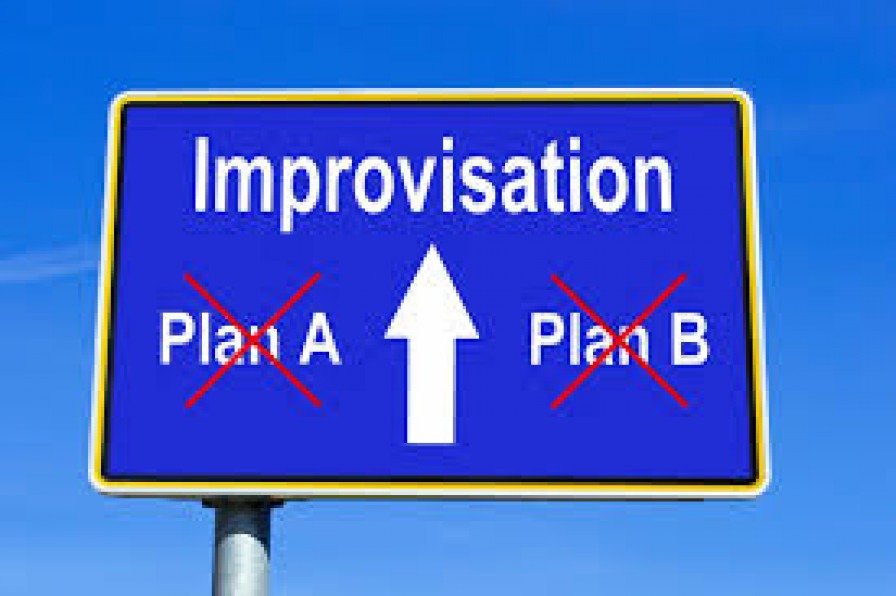Why is improvisation important?

Improvisation has played a powerful role in many of the innovative developments that have been made throughout musical history, and it is a central part of how countless practising musicians today work around the world.
Improvisation has played a powerful role in many of the innovative developments that have been made throughout musical history, and it is a central part of how countless practising musicians today work around the world. However, in the music classroom it often comes as an afterthought, if it is used at all.
In Derek Bailey’s words, “improvisation enjoys the curious distinction of being the most widely practiced of musical activities, and the least acknowledged and understood.”
Within the classroom, we could argue that improvisation is particularly worth dedicating time to for the following reasons:
- It is a valuable precursor to composition. Improvisation can help to provide students with a framework in which to try out ideas freely – the best of which can then be fed into composition assignments. You may find that the quality of your students’ music making is of a higher standard as a result, because it is grounded in self-expression and emotion rather than the detached manipulation of samples or crotchets and quavers.
- It helps to create a level playing field. Improvisation is an area of music making that doesn’t necessarily rely on the ability to read notation or play any one instrument particularly well: the focus instead is on creativity and expression, and this can help to level the playing field among your students, particularly for those with learning difficulties.
- It can aid musical communication. When we put students into groups for the purpose of making music, we want their discussions to be musical as well as verbal. Improvisation can provide them with a great opportunity to communicate and respond to each other through music, in a way that has more immediacy than performing the music of others or composing.
- It encourages creativity. In improvisation, the emphasis should be on invention rather than accuracy. It is one of the few areas we have in which ‘mistakes’ can be accepted and even celebrated as leading to new musical pathways.
- Creative music making that is open-ended and exploratory in nature (based on the ideals championed by John Paynter and others) can be hard to keep alive in institutions where the school day is highly regimented and structured. If this is something that you struggle with in your school, hopefully you will find that improvisation can prove to be a key ingredient in your quest to challenge the status quo.
This text is taken from my introduction to a chapter on Improvising in music classrooms in Teaching Music [Rhinegold, 2014]
